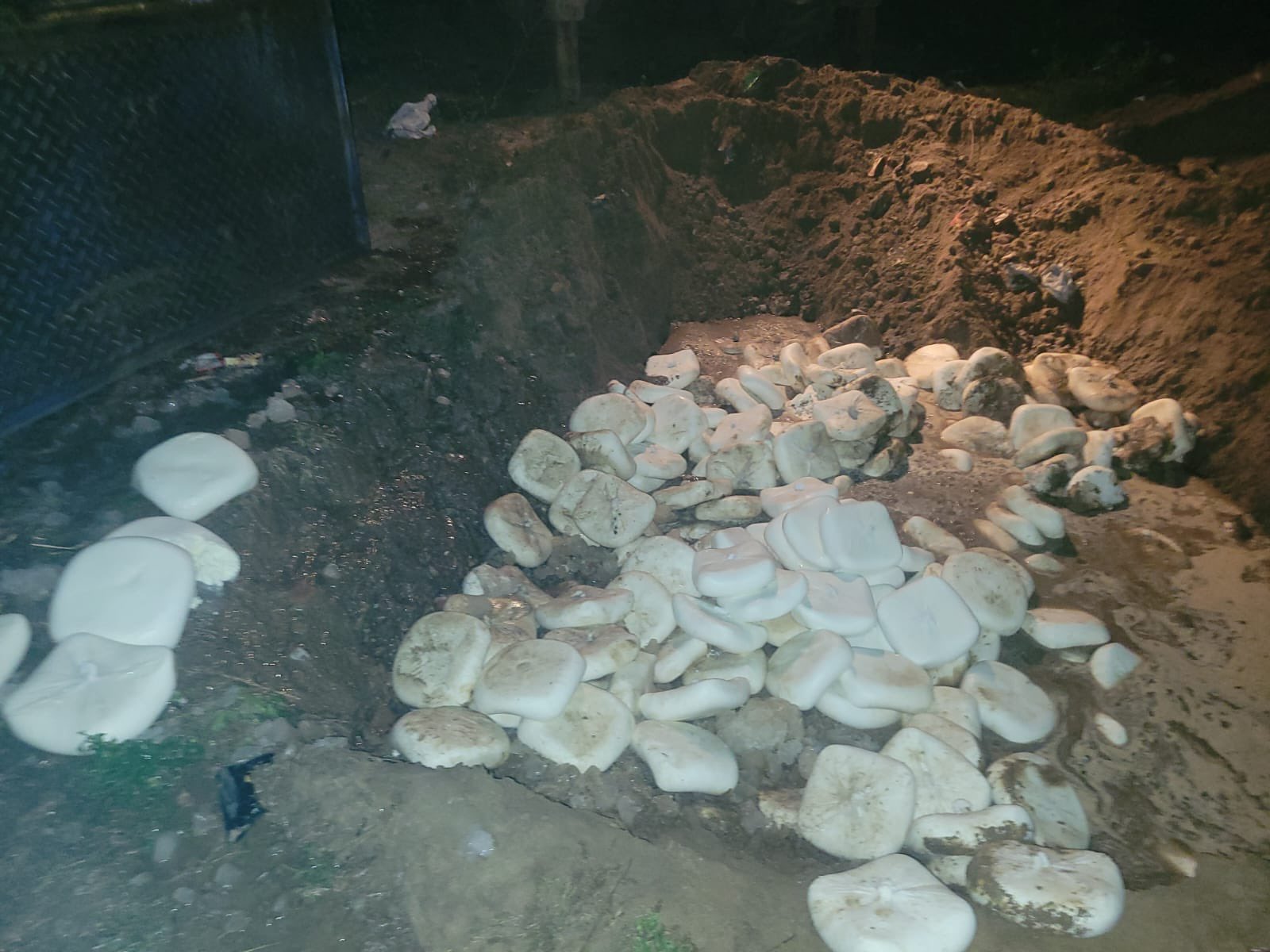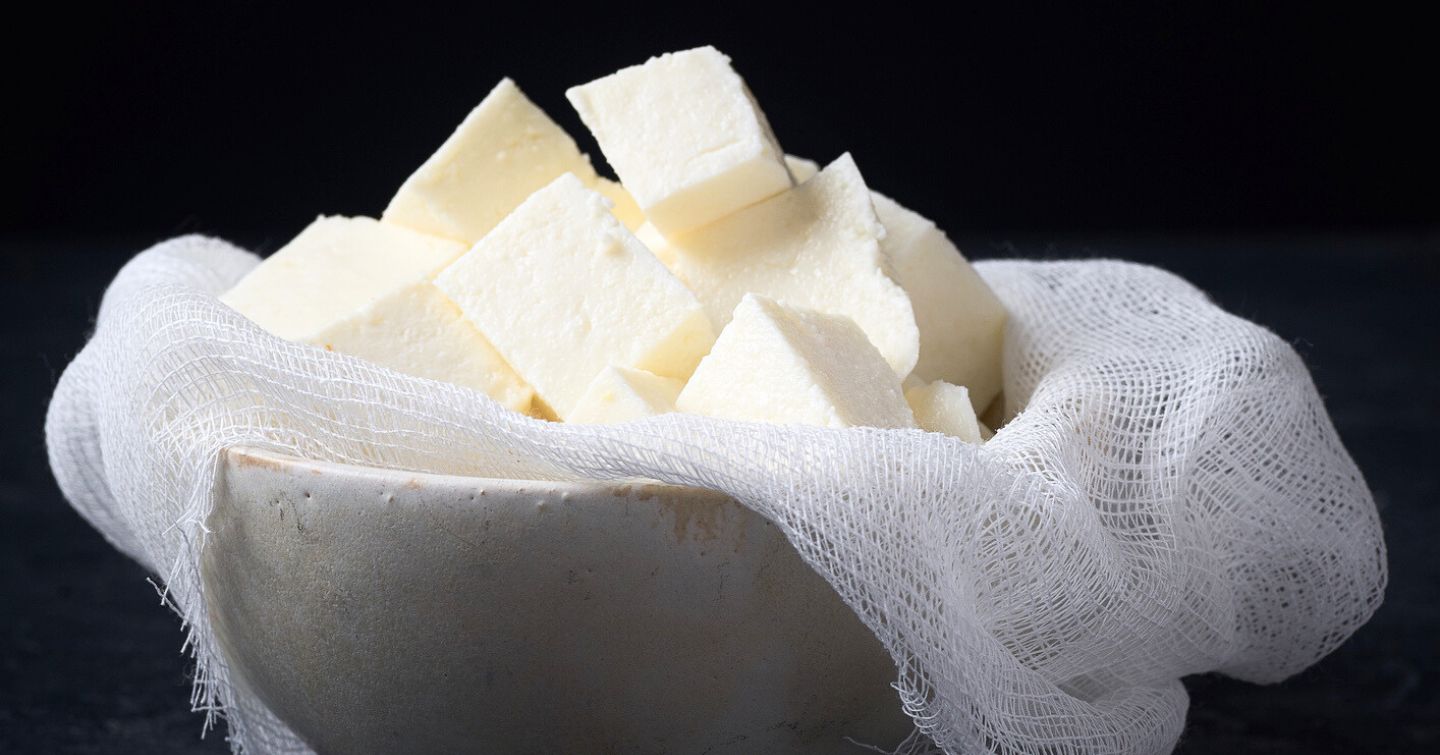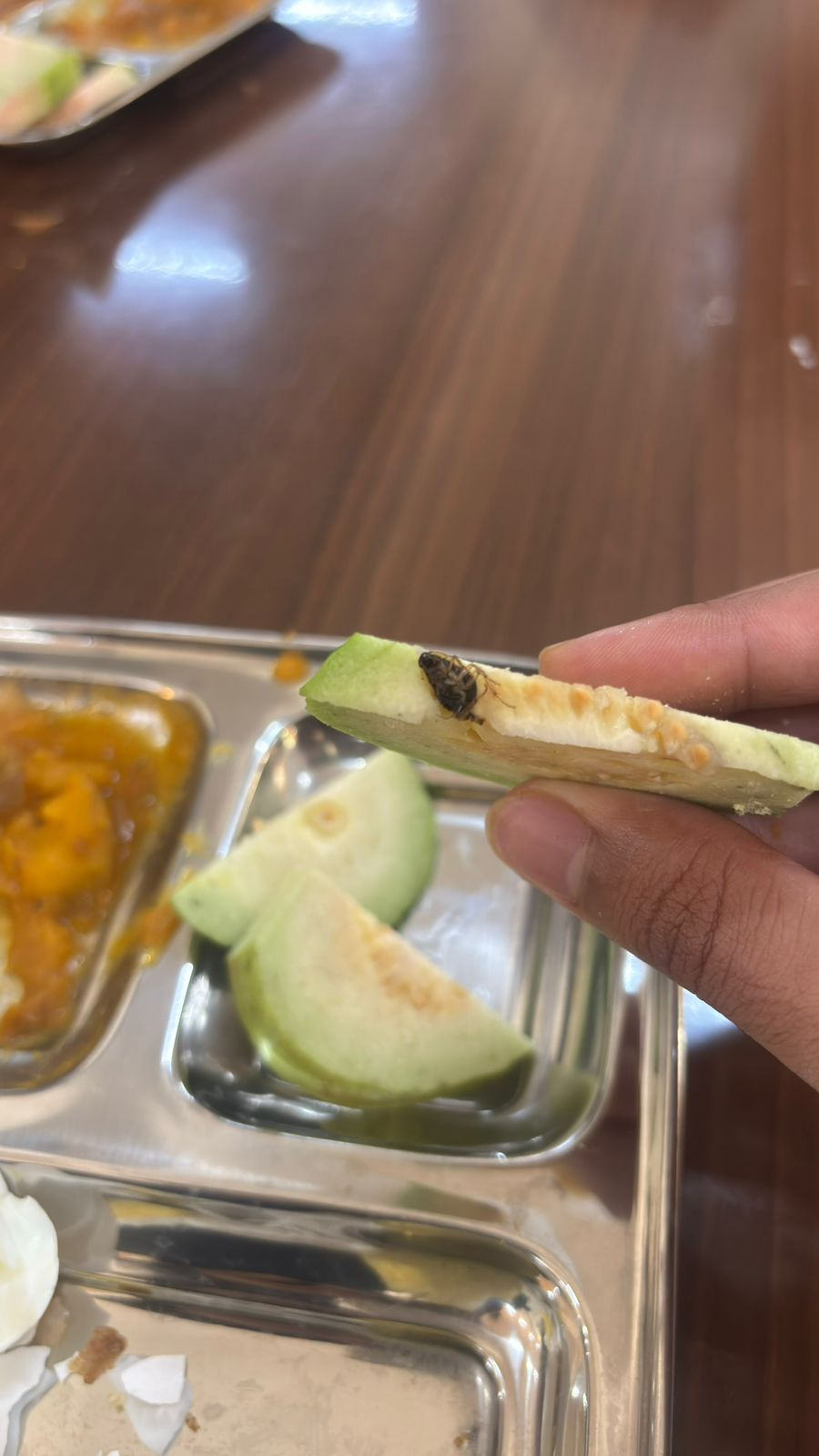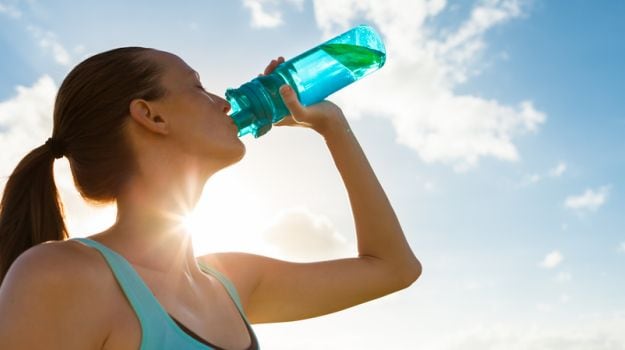It's now the norm to carry around a water bottle as if it's a permanent extension of your arm, so it seems that most of us have bought in to the benefits of proper hydration. But is what you think about your drink more hype than fact? Take this quiz to find out, and hydrate smarter throughout the hot summer days ahead.
1. True or false: Coffee and tea count toward hydration.
True. Even though caffeine is a diuretic, which forces water to be excreted in urine, our bodies quickly compensate. So even caffeinated beverages such as coffee and tea have a net hydrating effect. Sure, plain water and decaf beverages will hydrate you more, but you can still count that iced coffee as a quencher as much as it is an afternoon pick-me-up.
2. True or false: Coconut water hydrates better than water.
False. This one is firmly in the hype category. In 2012, a major coconut water player, Vita Coco, settled a class-action lawsuit that accused the company of misrepresenting the health benefits of its products, including exaggerated claims of being "super-hydrating." The company stopped marketing its products that way, but the claim is still rampant on the Internet. That's not to say that coconut water isn't hydrating - it is, just no more so than plain water.
3. True or false: Drinking extra water will keep your skin moist.
False. Although dry skin is a symptom of dehydration, once you are well hydrated, drinking more water will not make your skin dewier. Eating enough good-for-you fat from fish, nuts and healthy oils is more likely to help with that. These fats are essential building blocks for the healthy skin cell walls that keep moisture in and are key to a glowing complexion.
4. True or false: The foods you eat can help you stay hydrated.
True. Moisture in solid foods typically accounts for about 20 percent of our water intake, and you can up that number by digging into plenty of water-rich foods, which include many of the in-season fruits and vegetables this time of year. Think lettuce, summer squash, tomatoes, cucumber, melon, grapes, stone fruit and so on. Put them in smoothies with milk or include them in chilled soups.
5. True or false: Drinking water may help you lose weight.
True. Although it's no magic bullet, there is evidence that getting enough water can help with weight-loss efforts in several ways. For one, it can affect metabolism. When we are well hydrated, our cells burn more calories than if we are dehydrated - not a huge amount more, but every little bit helps. One study published in Obesity in 2008 found that women on a weight-loss plan who increased their water intake to more than one liter (about four cups) a day lost about five pounds more over the course of a year than those who drank less. Then there is the issue of satiety. Water-rich foods such as fruits, vegetables, soups and yogurt provide a high level of satisfaction, and there is some evidence that drinking water before a meal can help you eat less at that meal. Of course, drinking water instead of beverages such as soft drinks is also an easy way to cut calories.
6. True or false: A sports drink is necessary if you are running, playing soccer or (insert favorite activity here) in the heat.
False. If you are an athlete working out intensely for more than an hour at a time, raise your hand. If your hand is not up, you do not need a sports drink during or after exercising. The fluid and electrolytes you lose through sweat are easily, and more healthfully, replaced with water and a piece of fruit. If the taste of flavored beverages inspires you to drink, try adding a splash of juice or chunks of fruit to season your water.
7. True or false: You need to drink before you get thirsty.
False. In most healthy adults, thirst is a reliable indicator of fluid needs - and a critical one, as how much you need to drink can vary widely depending on how active you are and how hot it is outside. Unless you are doing prolonged exercise in the heat or your thirst mechanism is compromised (as it may be in the elderly or in those with medical conditions), you don't need to aggressively push fluids to stay ahead of thirst. Just pay attention to how you feel and drink plenty whenever you are thirsty, and you will most likely stay well hydrated.
8. True or false: You should aim to drink eight eight-ounce glasses of water a day.
False. That widely quoted number has no scientific basis whatsoever. The amount of water you need for optimal hydration depends on many variables, including the climate you live in and how active you are. The Dietary Reference Intakes from the National Academies of Sciences, Engineering and Medicine's Health and Medicine Division pinpoint 13 cups of total beverages for men and nine cups for women as the average adequate intake for proper hydration in temperate climates - emphasis on total beverages. That number assumes you are getting about 20 percent of your fluid from food, and it means that anything you drink counts toward hydration, including milk, juice, soft drinks and even coffee and tea. Those numbers are based on the average intakes of well-hydrated people, so you could need more or less. Let your thirst be your guide.
© 2016, The Washington Post











